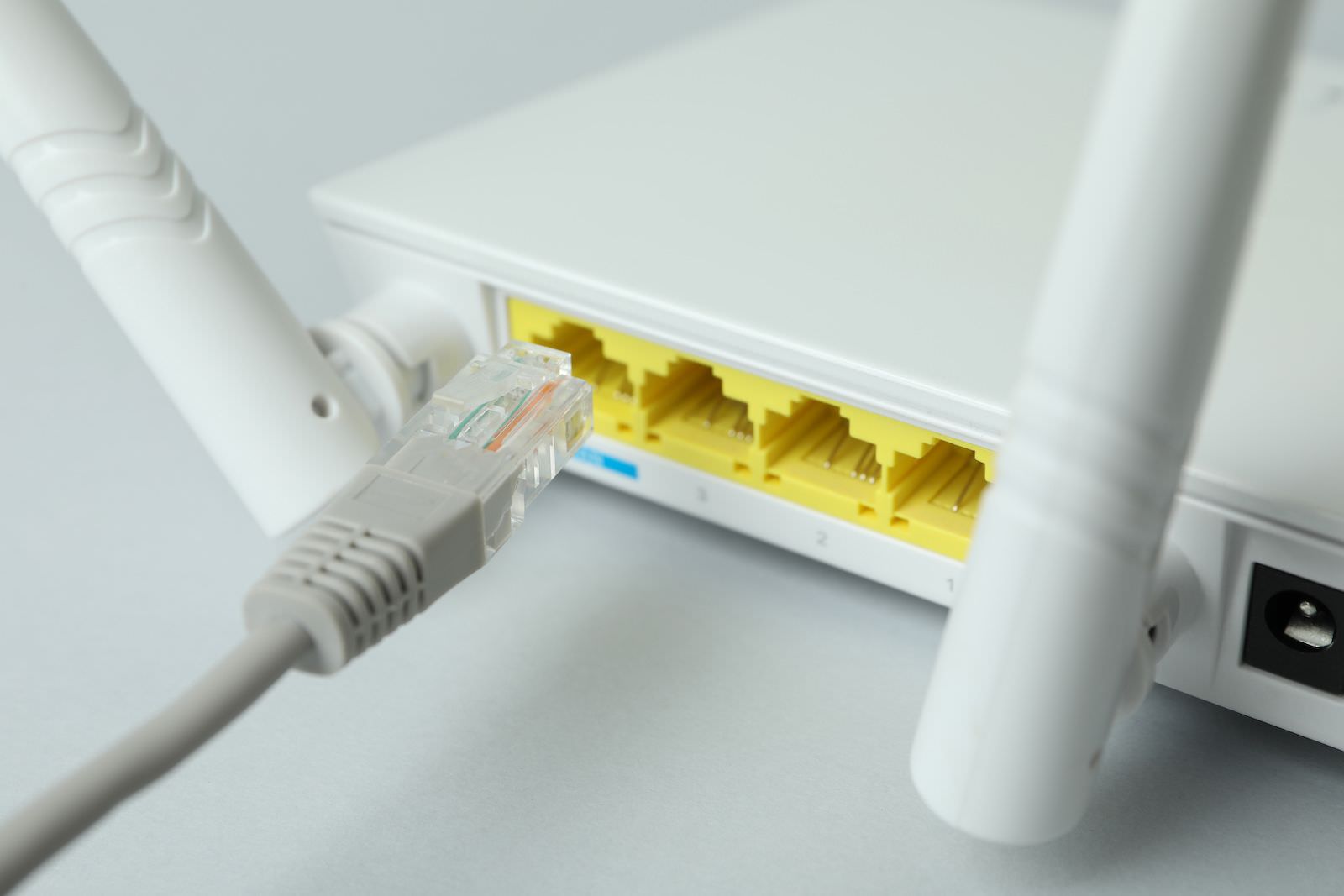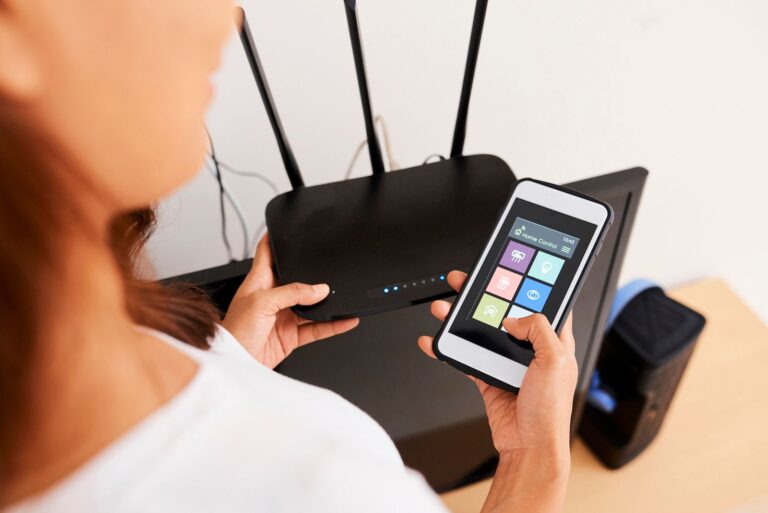A home network can be connected to a VPN in many ways. The most common method is to use a router that is compatible with the VPN. This can be done by configuring the router to connect to the VPN and then connecting the home network to the router. Another method is to use a computer that is connected to the VPN and then sharing the connection with the home network.

NordVPN Special Deal
Get VPN protection from NordVPN, one of the most reliable VPN companies in the world, for just $3.99/month!
✅ Possibly, the best Double VPN implementation.
✅ Over 5000 servers in 60 countries.
✅ VPN split tunneling support.
Is It Possible To Connect To My Home Network Using A VPN?
The good news is that you can! Here are a few things to keep in mind when you’re setting things up, however.
First, you’ll need to make sure that your router is set up to support VPN connections. Many routers have this capability built in, but if yours doesn’t, you may need to purchase a separate VPN router.
Secondly, you’ll need to sign up for a VPN service that supports home networking. Not all VPN services do, so be sure to check before you subscribe.
Once you have those two things taken care of, you should be able to protect your home network with a VPN.
How to Connect Your House Network to a VPN:
- Open your favorite web browser and connect to a VPN server in your home using your home router.
- In the search bar, type in your router’s IP address.
- Check to see whether the router is still connected and that its password has not expired.
- Connect to a server that is located close to you. You can now use the VPN service to access your home network.
How Do I install a VPN on my router?
Installing a VPN on your router is one of the best ways to make sure all of your devices are protected and keep them safe without having to worry about installing a VPN on each device.
All you have to do is to connect it to your home network. Once it is connected, you will need to log in to your account and download the VPN software. After the software is downloaded, you can open the software and follow the instructions to install it on your router.
Once the VPN is installed, you will be able to use the VPN on all of your devices. You can also use the VPN to bypass geographic restrictions and access content that is blocked in your region. By using a VPN on your router, you can keep all of your devices safe and secure while streaming content or browsing the internet.

The Best VPN Deal You Can Find Anywhere!
Get a VPN that lets you use an unlimited number of devices, offers amazing security features and has an unbeatable offer!
82% off + 2 Months Free
- Unlimited Devices
- Ad & malware blocker
- Cookie pop-up blocker
- Two-Factor Authentication
- 24/7 support
- $2.49/Month!
Is it safe to install a VPN on my router?
The answer is yes, it is safe to install a VPN on your router. However, there are a few things to keep in mind before you do so.
First, make sure that your router is compatible with the VPN you’re using.
Second, keep in mind that installing a VPN on your router will impact your internet speed. Lastly, be sure to use a reputable VPN service to avoid any security risks.
By installing a VPN on your router, you can keep all of your devices safe and secure while streaming content or browsing the internet. The VPN will encrypt all of your traffic and keep your data safe from hackers and thieves.
What are the benefits of using a VPN on my router?
There are numerous benefits to using a VPN on your router. One of the main benefits is that it can provide you with increased security. This is because it encrypts all the traffic that passes through your router. This can help to protect your data from being intercepted by third-party attackers.
Moreover, having a VPN installed on a router, will keep all of your devices safe and secure. By encrypting all of your traffic, a VPN will protect your data from hackers and identity thieves.
Second, a VPN allows you to bypass geographic restrictions. If you live in a country where certain websites are blocked, you can use a VPN to access them.
Lastly, a VPN will improve your internet speed. By routing your traffic through a VPN server, you can bypass throttling from your ISP because they will not be able to identify the encrypted traffic.

What are the disadvantages of using a VPN on my router?
There are a few potential disadvantages to using a VPN on your router.
First, it is important to understand that a VPN will encrypt all the traffic that passes through your router. This means that any devices connected to your router (including any devices that you may not be aware of) will have their traffic encrypted. This can potentially slow down your internet connection, depending on your VPN provider and the strength of their encryption.
Second, not all routers are compatible with all VPNs. Make sure to check with your VPN provider to see if they have recommended routers.
Third, setting up a VPN on your router can be more complicated than installing a VPN client on each device. Make sure you are comfortable following instructions and troubleshooting potential problems before you attempt to set up a VPN on your router.
Finally, if you connect to a VPN server that is located in a different country, you may be subject to government censorship and surveillance laws in that country.

Special offer for our readers – 3 Months Free!
Get the best rated VPN service in the world with a special offer just for the readers of PrivacyTutor!
Pro and Cons
There are a few potential pros and cons to weigh when considering whether to install a VPN on your router.
The primary benefit of using a VPN on your router is that all the devices connected to your router will be automatically protected by the VPN. This can be especially useful if you have devices like Smart TVs or gaming consoles that do not support VPN clients.
A potential downside of using a VPN on your router is that it can slow down your internet connection. This is because all the traffic that passes through your router will be encrypted by the VPN.
Another consideration is that not all routers are compatible with all VPNs. Make sure to check with your VPN provider to see if they have recommended routers.
Finally, keep in mind that if you connect to a VPN server that is located in a different country, you may be subject to government censorship and surveillance laws in that country.

How do I know if my router supports a VPN?
Not all routers support VPNs. To find out if your router supports a VPN, you can contact the manufacturer for more information. If your router does not support a VPN, you may be able to purchase a router that does support a VPN. VPNs are a great way to keep your data safe and secure while streaming content or browsing the internet. By installing a VPN on your router, you can keep all of your devices safe and secure while streaming content or browsing the internet. Here are a few routers that support VPNs:
- Asus RT-AC5300
- Linksys WRT3200ACM
- Netgear R6400v2/R6700v3
- Asus RT-AC68U (up to v3)
- Netgear Nighthawk X10 AD7200 Smart Wi-Fi Router

Special VPN Deal
Get VPN protection from NordVPN, one of the most reliable VPN companies in the world, for just $3.99/month!
How to connect to office network from home using VPN
If you need to connect to your office network from home, you can use a VPN to create a secure connection.
First, make sure that your computer is connected to the VPN.
Next, open a web browser and type in the address of your office router. If you are not sure what the address is, you can find it in your office network’s settings. Once you have the address, type it into the address bar and press enter. This will bring you to the login screen for your office router.
Enter your username and password to login. Once you are logged in, you should be able to access your office network.
Recommended VPNs



Conclusion
A VPN can be a great way to keep your data safe and secure while streaming content or browsing the internet. By installing a VPN on your router, you can keep all of your devices safe and secure while streaming content or browsing the internet. If you need to access your home network remotely, you can use the same method as if you were on the local network. If you have to connect to your office network from home, you can use a VPN to create a secure connection.












